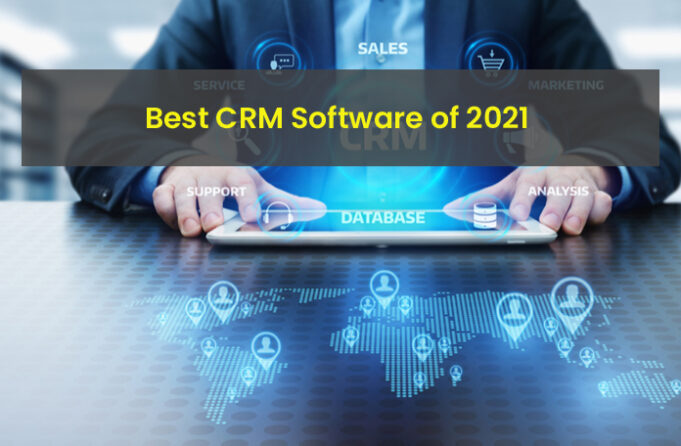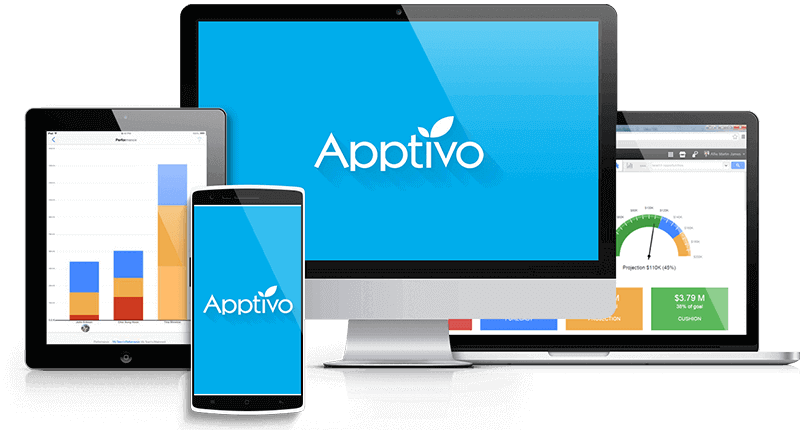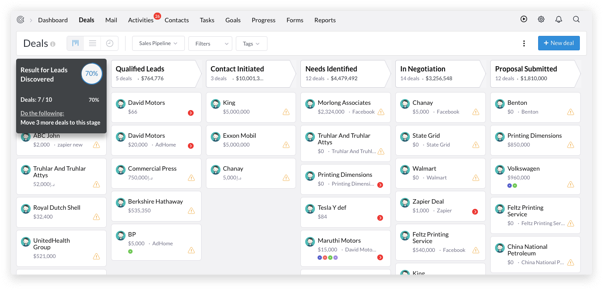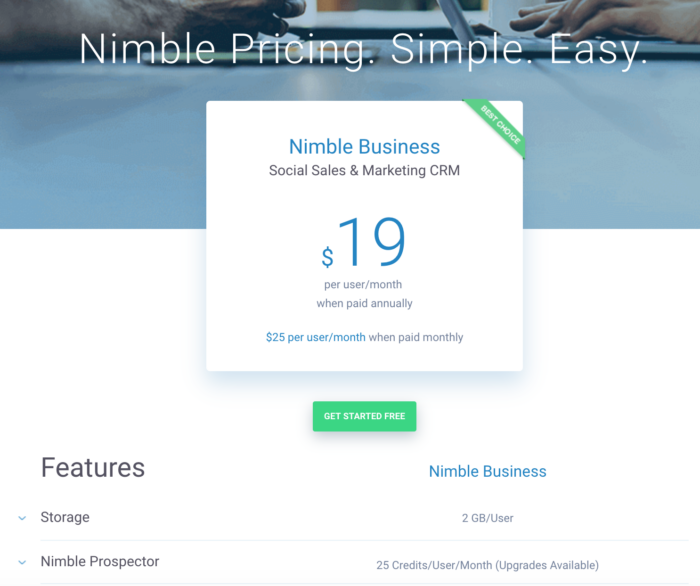This post will help you evaluate and compare the best cloud crms customer relationship management software, especially cloud crms software for small businesses and start-ups, quickly.
The administration of client interactions is referred to as Cloud based CRM comparison. You might be wondering why we’re discussing cloud crms management when we’re primarily concerned with digital project management.
While project managers aren’t often responsible for Cloud based CRM comparison strategy and software, it’s vital to understand how it fits into your company’s broader strategy and projects. PMs should be aware of the different sorts of tools used by their teams, as well as who uses them, for what purpose, and how. Because the PM is the one who connects the dots between different people and activities, knowing their toolkit can help you make smarter decisions and ask the right questions while planning projects.
What is CRM?
Cloud-based CRM security software is used by businesses to organise, coordinate, and automate all aspects of client engagement, including sales, marketing, analytics, customer support, and services. In addition to establishing contact via emails and notes, the software may connect these areas. It can even handle less complicated project management and streamline the entire process.
Certain software includes calling features and chatbots to assist sales people in communicating with clients straight from the platform. cloud crms systems that are capable of delivering dependable functionality can do so with ease.
All of these capabilities are included in this programme to achieve a common goal: to enhance the entire process of customer relationship management in order to increase your company’s overall efficiency. cloud crms have come a long way in terms of becoming more advanced. These systems have the ability to integrate with a wide range of business processes. Cloud-based CRM security will continue to expand as artificial intelligence and machine learning become more prevalent.
Why do you need CRM for your small business?
Customer relationship management platforms come in a variety of shapes and sizes. Oracle CRM cloud software used to be aimed mostly at large corporations. That isn’t the case now.
Small businesses may now use CRM platforms without breaking their budgets or their brains. That’s fantastic news, because using a CRM solution can boost sales by double digits.
The ability to consolidate workflows into a single app makes day-to-day tasks easier, freeing up resources for expansion. Oracle CRM cloud offers a well-defined set of processes that help you close more business, complete tasks on time, and avoid miscommunications.
Features like lead management and sales funnels can help you improve your sales process. You may optimize your workflow by creating a sales funnel. Customer support tools improve your customer experience by helping you understand your public and reducing churn so your company can scale. Opportunity management tools identify potential future sales, while customer support tools improve your customer experience by helping you understand your public and reduce churn so your company can scale.
1. HubSpot CRM

One of the most appealing features of HubSpot Web-based CRM is that it is entirely free to use. You can have an infinite number of users, store up to 1 million contacts, and keep track of your deals and sales pipeline. Gmail and Outlook are also integrated with HubSpot CRM. You can use a custom calendar link to plan meetings, enable live chat, and put up limited conversational bots. HubSpot also interfaces with hundreds of apps, allowing you to link your CRM to other company software.
2. Zoho
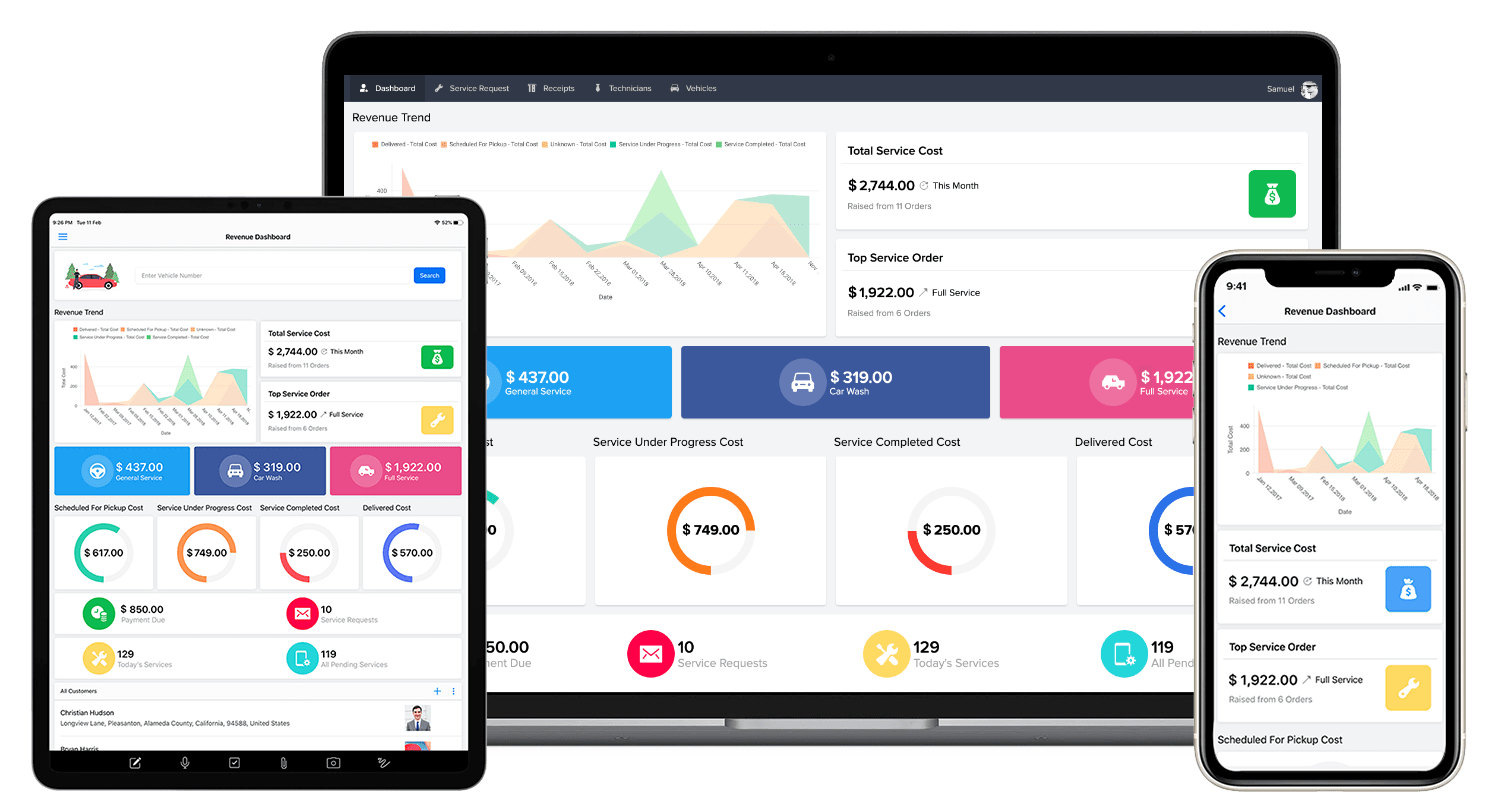
Zoho aspires to be your company’s primary operating system. They offer a comprehensive set of services, including a sophisticated CRM, Books (accounting), Campaigns (email marketing), and Creators (content creation) (apps). Real-time sales notifications, built-in calls, live-chat connectivity, social media updates, and Zia, their AI sales assistant chatbot, are some of the standout features of their Web-based CRM platform. The prices for Zoho’s plans range from $12 to $35 per month per user. They also provide a free 15-day trial.
3. Insightly
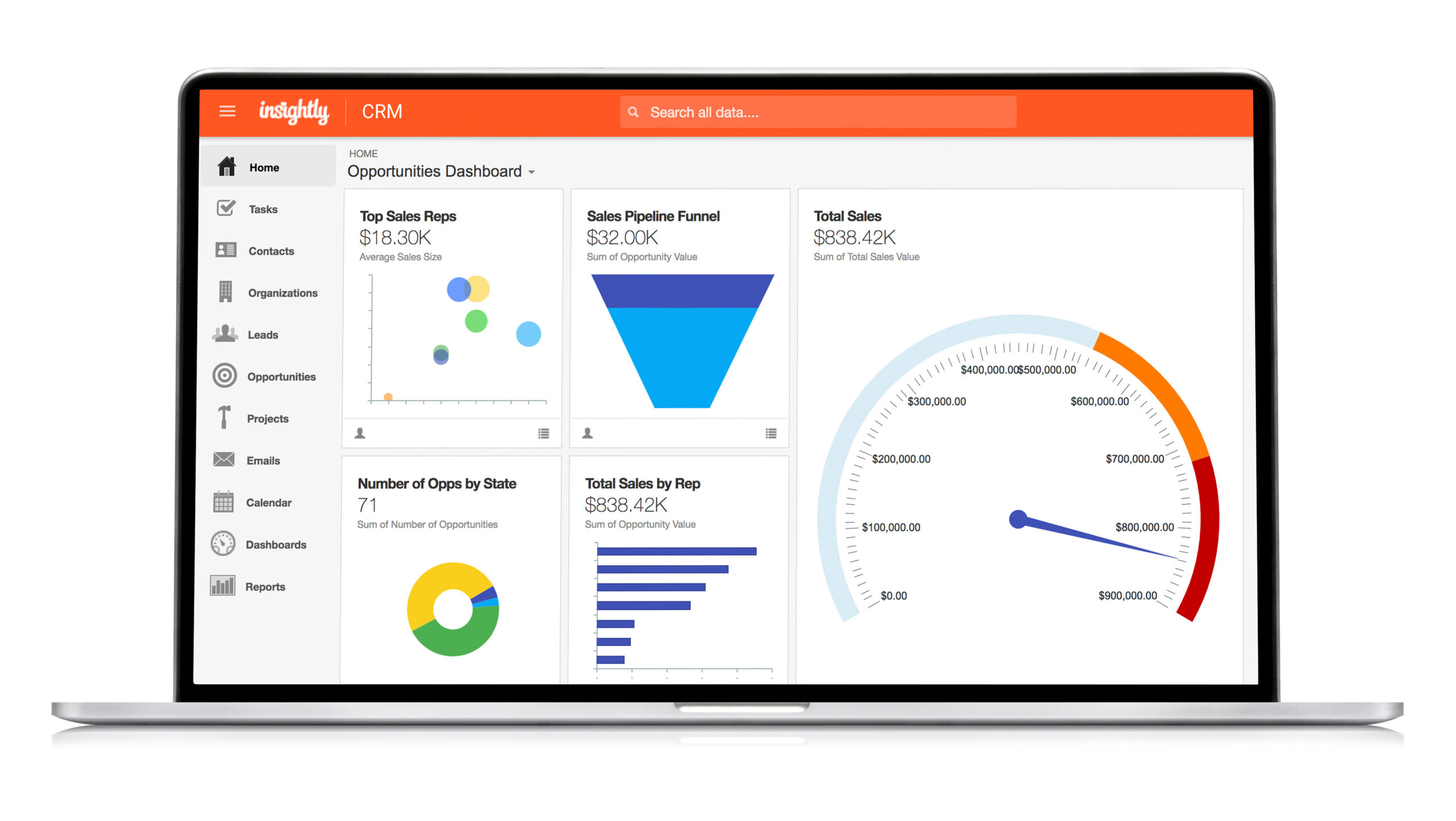
Insightly’s reporting and analytics capabilities set them apart. To gain more insights into area coverage, overall sales pipeline, and even single agreements, you may use their extensive data visualization tools and calculated fields within reports, cards, and dashboards. Another useful feature is the ability to generate custom quotes and price products directly from the On-premise CRM. Bloomberg, AT&T, and Bosch are among the 25,000 firms that utilize Insightly. Their plans range in price from $29 to $99 per month per user.
4. Freshworks
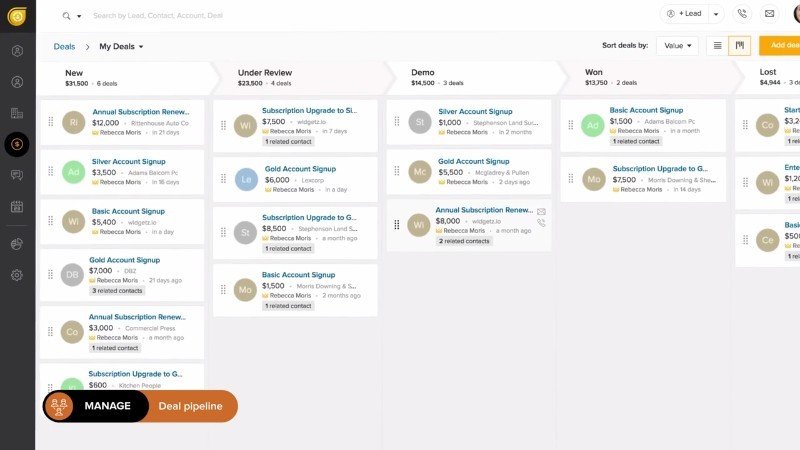
Freshworks, like Zoho, aspires to be the system that runs your entire company. While Freshdesk is best known for customer service, its On-premise CRM product, Freshsales, is gradually gaining traction. AI-based lead scoring, built-in phone conversations, and activity capture are just a few of the standout features.
Dyson, Chargebee, Joblift, Best Western, and Offset Solar are among Freshworks’ more than 150,000 clients. Their plans range in price from $12 to $79 per month per user. They also provide a free 21-day trial.
5. Salesforce
Salesforce is the most well-known CRM solution because it was one of the first cloud CRM solutions. Salesforce’s app exchange contains over 4,000 custom apps, as well as a vast marketplace of third-party, specialist Salesforce developers and agencies to assist you with integration and customization.
While the functionality is extensive, this platform has a higher learning curve than the other CRMs on this list, and it may take longer to set up and configure to your preferences.
Their options start at $25 per user each month, but developer expenses and access to extra products will almost certainly cost you more.
6. Less Annoying CRM
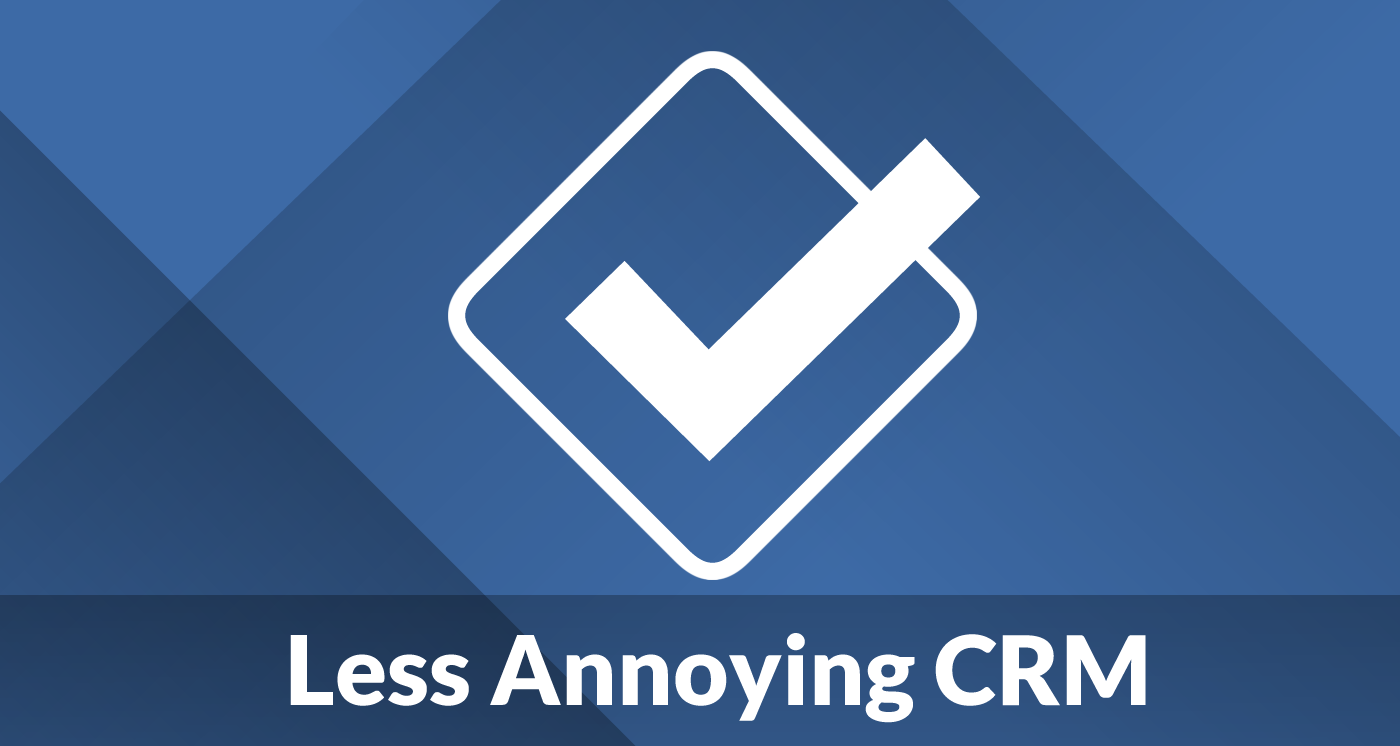
fewer annoyances Salesforce CRM was created with small enterprises in mind. G2 Crowd even named them the best CRM for small businesses and customer service. Everything about this platform has been designed to make it as simple as possible to use. Simple yet powerful lead customization, daily agenda emails, and fast one-click exports are just a few of the standout features. They provide a free 30-day trial. After that, the system will cost $10 per month per user.
7. Pipedrive
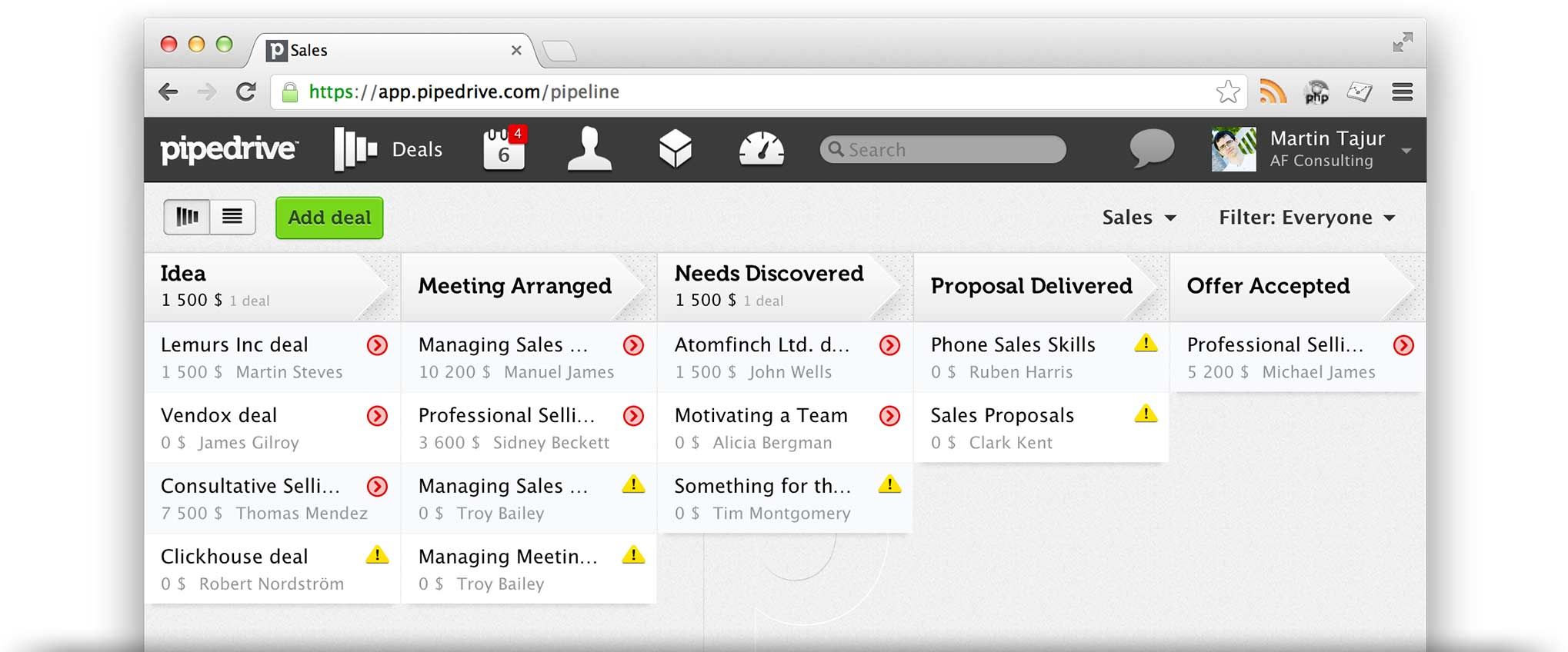
Pipedrive’s user interface is simple and straightforward. It’s similar to Less Annoying Salesforce CRM in that it’s simple to set up and use with little to no training. Built-in proposals, e-signatures, and automatic lead grading are some of the extra features. They work with over 100 different apps. Pipedrive is used by over 85,000 teams, including Amazon, Skyscanner, Vimeo, Remax, and TNW. Their monthly subscriptions range from $12 to $49 per user.
8. Apptivo
Apptivo aspires to be your company’s one-stop-shop for Benefits of cloud CRM, project management, invoicing, customer service, field service, and email marketing. They’re ideal for businesses in the travel and hospitality, real estate, retail, manufacturing, nonprofit, and utilities, and energy sectors. In 2017, they even earned Capterra’s best customer service award. Apptivo is currently used by over 200,000 businesses. They provide a restricted free version as well as monthly plans beginning at $25 per user.
9. Copper CRM
Apptivo strives to be the one-stop-shop for Benefits of cloud CRM, project management, invoicing, customer service, field service, and email marketing for your organization. They’re perfect for companies in the travel and hospitality, real estate, retail, manufacturing, nonprofit, and utilities, and energy industries. They even won Capterra’s best customer service award in 2017. Over 200,000 businesses currently utilize Apptivo. They provide a limited free version as well as monthly subscription plans starting at $25 per person.
10. Nimble
Nimble is unusual in that it is a complete Benefits of cloud CRM that can be accessed directly from your mailbox. It’s compatible with Office 365 and Google Suite. This includes gaining access to all of your contacts, managing deals, and retrieving any relevant social media data.


